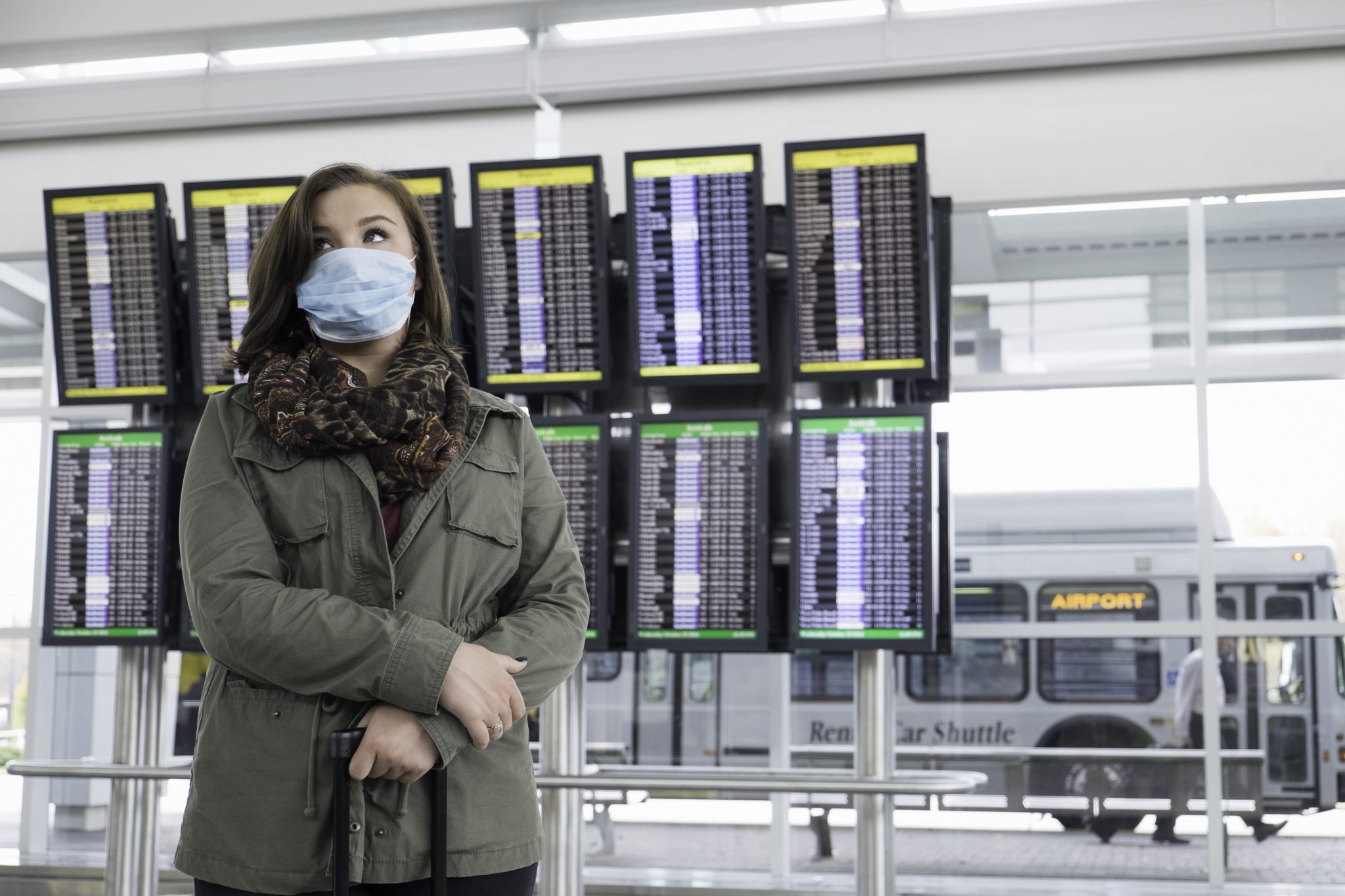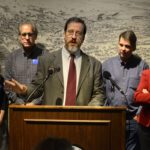Faculty experts examine how to combat coronavirus air travel exposure
Faculty experts from across the nation convened on Feb. 6-7 at the University of West Florida, examining how to combat air travel exposure to coronavirus, amongst other viruses.

First identified in Wuhan, China, the coronavirus causes respiratory illness and is fatal in many instances. As of Monday morning, the number of confirmed cases worldwide has surpassed 40,000 and the number of reported deaths linked to coronavirus worldwide has surpassed 900. The coronavirus has infected people from across 25 countries and territories according to data from the World Health Organization. There are at least 12 confirmed cases in the United States.
“While we can’t predict when an epidemic would hit or what the disease would be, we can be certain that some infectious disease outbreak will occur periodically,” said Dr. Ashok Srinivasan, the William Nystul Eminent Scholar Chair and professor in the UWF Computer Science Department, who organized the workshop. “We had planned the workshop well before the Coronavirus outbreak to develop a research agenda integrating diverse scientific techniques that would help prevent or mitigate a potential pandemic.”
Researchers from Brown University, Embry-Riddle Aeronautical University, Emory University, New York University, Purdue University, University of Virginia, UCLA, and UWF, among other prestigious institutions, participated in the workshop. Other notable workshop participants included Dr. Ansa Jordaan, chief of the Aviation Medicine Section for International Civil Aviation Organization, and Jim Durwin, deputy director of the Tallahassee International Airport.
Scheduled in September before the coronavirus spread globally, the workshop featured researchers who participate in Viral Infection Propagation Through Air-Travel, or VIPRA, an interdisciplinary multi-university project to analyze new strategies for reducing the risk of spreading viral infections through air travel. The National Science Foundation awarded a grant for the VIPRA project to seven faculty, along with 13 additional experts who agreed to collaborate. The group is in the process of building software to simulate the spread of viruses through movements and interactions between people and tweak policies to see how the infection spread changes.
“We can all solve different pieces of the puzzle, and Dr. Srinivasan is putting it all together,” said Dr. Vicki Hertzberg, a professor at the Neil Hodgson Woodruff School of Nursing at Emory University. “People here have done different aspects of air travel research. My own work at Emory, we’ve looked at how diseases might spread by close proximity interactions among passengers right on the airplane. We observed how people moved around and were able to reconstruct those contacts.”
Two of the participants, Dr. Anuj Mubayi and Dr. Matthew Scotch, are professors at Arizona State University, where a man was confirmed to be infected with the coronavirus. The man had recently returned from Wuhan. Mubayi recommended two safety precautions for travelers to reduce the risk of infection.
“One is using a facemask in crowded places, for example, if you are sitting in an airplane for a long period of time,” Mubayi said. “The second is to wash your hands if you have been out in public places. There’s no need to panic, but these are the safety precautions that one needs to take home.”
Researchers established the VIPRA project in 2015 and published a study on how boarding an airplane drastically affects the potential for disease contagion. Focusing on the 2014-2016 outbreak of the Ebola virus, they found that changes to airline procedures and the use of smaller planes could have reduced Ebola risk by 87% without imposing air travel restrictions. In particular, they found that current boarding procedures, using a large number of zones, increases infection spread risk due to passengers clustering together while waiting on those who boarded before them to stow their bags. The odds of infecting other people dropped substantially when using two zones and boarding randomly within each zone.
Srinivasan said the coronavirus perhaps shares some similarities with other notable viruses such as Ebola and Severe Acute Respiratory Syndrome, or SARS, from the perspective of modeling methodologies and mitigation strategies. However, he cautioned against drawing hasty conclusions until more research is completed.
“Many epidemiological parameters for coronavirus are not known accurately,” he said. “Researchers are using insight from related diseases, but the science is not settled. It is preferable to take extra precautions to be on the safe side.”
For more information about the VIPRA project, visit cs.fsu.edu/vipra/.
For more information about the Department of Computer Science, visit uwf.edu/computerscience.


